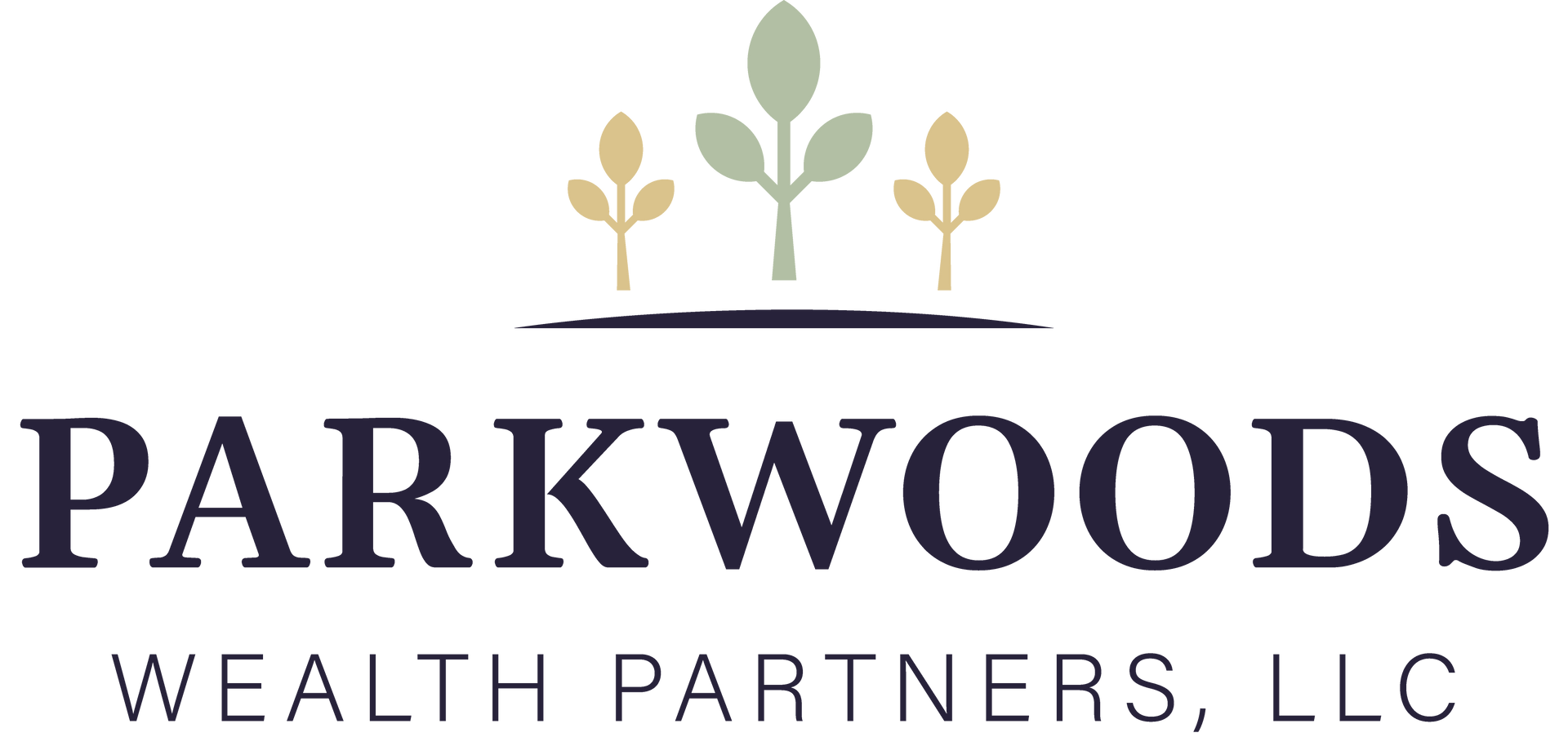Saving for Retirement and Reducing Taxes: What Business Owners Should Know
As a business owner, paying taxes and saving for retirement can be two major concerns you have when you examine the financial outlook of your business. Both taxes and retirement represent two significant financial items that you need to prepare for in the long term as you outline your business’s financial strategy.
Luckily, there are efficient ways to save for retirement while mitigating your tax burden and reducing your tax bill every year while keeping your employees happy. Of course, there are no one-size-fits-all tax strategies or retirement plans, but below we discuss some of the more common retirement plans that small business owners use to maximize their income in retirement while reducing their tax burden.
Smart Retirement
What retirement plan you opt for depends on your specific circumstances. If you are a sole proprietor who wants to reduce the time and energy you spend on administering a retirement plan, a Simplified Employee Pension (SEP) IRA may be a good fit. However, if you are a solo practitioner trying to maximize contributions as you near retirement but want to lower your personal taxable income, a solo 401(k) may be right for you. No matter what you choose, remember that different retirement plans offer different tax benefits at different times.
SEP IRA
This account allows you to put a relatively large amount of funds toward your retirement, which is helpful if you haven’t saved enough during the early years of your business or career. As of 2021, contributions you make to each employee’s SEP IRA account cannot exceed the lesser of 25% of their compensation or $58,000 per year. (Maximum compensation that may be considered is $290,000). (1) With a SEP IRA you will be required to make contributions to your employees’ accounts equal to the percentage that you contribute for yourself if they are at least 21 years old, have worked for you for three out of the last five years, and received at least $650 in compensation for 2021. (2) So, if you choose the SEP IRA because of the more hands-off approach and the ability to contribute more to your retirement, understand that it may be more expensive than you initially anticipated. As far as taxes are concerned, you can deduct the lesser of your contributions or 25% of compensation paid to participants (limited to $290,000 per participant). (3) If you are self-employed and contribute to your own SEP-IRA, there is a special computation to figure the maximum deduction so you will probably need help from a qualified tax preparer.
SIMPLE IRA
SIMPLE IRA plans allow both employers and employees to save money in retirement accounts, and they have lower start-up and operating costs versus most retirement plans. Small businesses with no more than 100 employees earning at least $5,000 in the preceding year and no other retirement plan can adopt this plan. There is no filing requirement for the employer; however, it must contribute each year either a matching contribution up to 3% of compensation or a 2% non-elective contribution for each eligible employee up to the 2021 annual compensation limit of $290,000.
Employee contributions are not included in “wages, tips, other compensation” so they are not deductible. If you are a sole proprietor or partner, you would deduct your own salary reduction contributions and your own matching or non-elective contributions. All contributions made to your employees’ SIMPLE IRAs are deductible on your business’s tax return. (4)
Solo 401(k)
If you are a business owner with no other full-time employees aside from your spouse, you have the option to set up a self-employed (often shortened to solo) 401(k). The business owner acts as both the employer and the employee. As the employee, the annual contribution limit is up to 100% of earned income to the maximum of $19,500 or $26,000 if age 50 or older in 2021. The employer can make non-elective contributions up to 25% of compensation as defined by the plan. Total contributions (employee and employer) to a participant’s account, not counting catch-up contributions, cannot exceed $58,000. If you are self-employed you must make a special computation to figure the maximum contribution you can make for yourself so you will probably need help from a qualified tax preparer. (5) The tax implications with a solo 401(k) depend on whether you have a traditional or Roth solo account. If you set up a traditional solo 401(k), you can deduct your elective contributions from your income, which may put you in a lower tax bracket. If you set up a Roth account, your contributions will be after-tax, but your qualified distributions are tax-free when you retire.
Traditional IRA and Roth IRA
Some business owners consider opening up their own personal traditional IRA or Roth IRA and pair those accounts with their other business retirement accounts to maximize their savings. While contributions remain low, traditional IRAs may be tax-deductible during the year you make the contribution. With a Roth IRA, if you satisfy the requirements, your qualified withdrawals in retirement are tax-free. (6)
Take the Next Step
At Parkwoods Wealth Partners, we know that choosing the right retirement plan that meets your specific financial needs can be complicated, but it doesn’t need to be. We are passionate about building a wealth management strategy that honors your values, while building a sustainable future. Reach out to me at jeff.campbell@parkwoodswealth.com.
About Jeff
Jeff Campbell is a Wealth Advisor with Parkwoods Wealth Partners, a financial planning firm committed to providing services and advice that puts you, your family, and your values and goals first. With 25 years of experience in the financial industry, Jeff is passionate about building relationships with his clients, coaching them to make solid financial decisions and guiding them as they work toward the financial future of their dreams. He is known for being a good listener and providing clarity and confidence as he helps business owners secure their retirement and live their best life. Jeff has a bachelor’s degree in Economics from the University of Richmond. When he’s not working, Jeff loves spending time with his wife, Caitlin, his two children, Paige and Colin, and his extended family. He enjoys golfing, traveling, playing the guitar, and seeing live music. To learn more about Jeff, connect with him on LinkedIn.
_____________
This post appeared first on www.fmfewealthmgt.com.

5333 N 7th St Bldg. A, Suite #200 & #201
Phoenix, AZ 85014
All Rights Reserved | ATR Law Group

